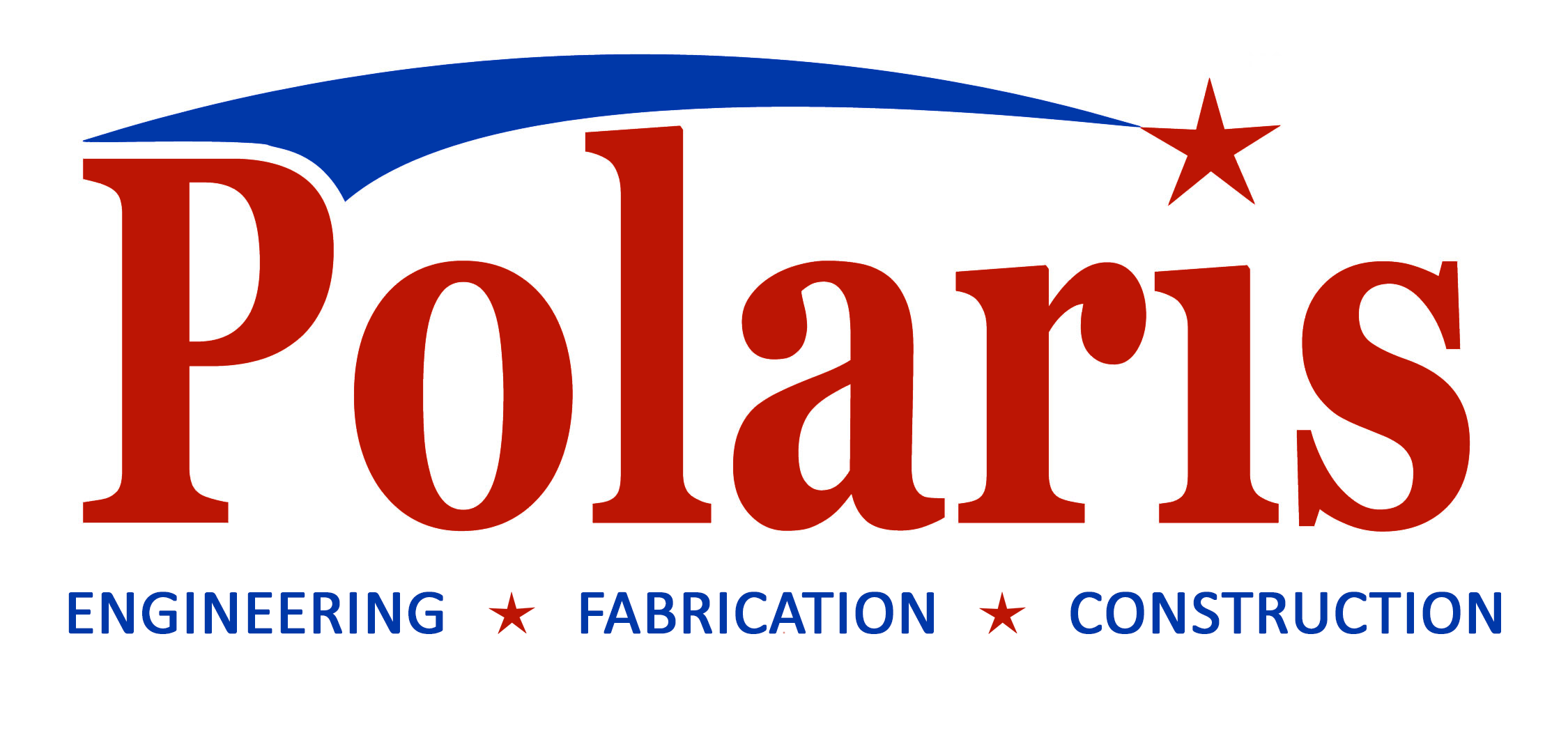- Home
- /
- Industry Game-Changer

Industry game-changer: LC company introduces new low-emission refinery technology
As Seen in the American Press.
Polaris EPC, a Lake Charles company for the past 26 years, recently received approval from the United States Patent and Trademark Office for its Ultra Fuels Technology. That’s big news as all industries strive to lower greenhouse emissions to combat climate change.
“We think it’s big news,” said Gerry Obluda, Polaris EPC co-owner. “If you utilize this technology, we can build a refinery that has significantly reduced emissions compared to all existing refining operations in the world. That’s why we refer to it as industry-disruptive technology.”
Polaris EPC is a private-owned company focusing on clean refining and energy projects. President Joe Biden’s goal is to reduce U.S. greenhouse gas emissions by 50 percent to 52 percent by 2030. The UltraFuels units are designed to produce low-carbon transportation fuels by processing light crude oil and condensate while generating minimal facility emissions, according to Obluda.
“We consider these units to be the next-generation in transportation fuels, incorporating the latest low-emission technologies in a unique, modular equipment configuration,” he said. “The configuration is compatible with the latest greenhouse gas reduction technologies. When combined, the carbon dioxide and pollutant emissions are 95 percent less than the average U.S oil refinery.”
The UltraFuels units are custom designed for any production capacity. The design flexibility allows for the production of a wide variety of clean fuels. The smaller size of the base unit allows the owner to accelerate the operating permit process in some states, Obluda said. This factor, along with the modular design, significantly reduces the overall project schedule and risk.
Two West Texas refineries utilizing components of the Polaris EPC UltraFuels Technology Process have already been permitted to be built and operated, and that’s good news here, locally.
“All the design and fabrication work will be here in Lake Charles, then loaded on trucks and shipped to Texas,” Obluda said. “Of course, it’s technology that can be used all over the world. These two plants are where it will be used first.”
Obluda said the company’s UltaFuels Tecnology, about five years in the making, began as a response to the large amounts of light, sweet crude being produced in West Texas. That’s where the Permian Basin is located. The increase in light crude oil production across the nation is largely the result of growth in crude oil production from shale and light rock formations, made accessible because of horizontal drilling and hydraulic fracturing or “fracking.”
Obluda explained that while the West Texas Intermediate is a medium, sweet crude oil that serves as one of the main global benchmarks and considered one of the highest quality oils in the world, ever growing volumes of lighter and sweeter crudes are coming out of the region.
Almost all U.S. refineries were built to run heavier, sour crude. That requires more intensive processing to upgrade to finished transportation fuels, Obluda said.
“Today, over 2 million barrels of heavy, sour crude are imported for refining here,” he said. “It seemed a natural fit to develop more appropriate refining technologies to exploit the light crude, and at the same time, reduce emissions.”
Polaris EPC locally employs around 70 people in its engineering group and about 60 workers in its construction group. The EPC stands for engineering, procurement and construction. The company’s bread and butter, according to Obluda, are turn-key projects, which they design, build and operate.

